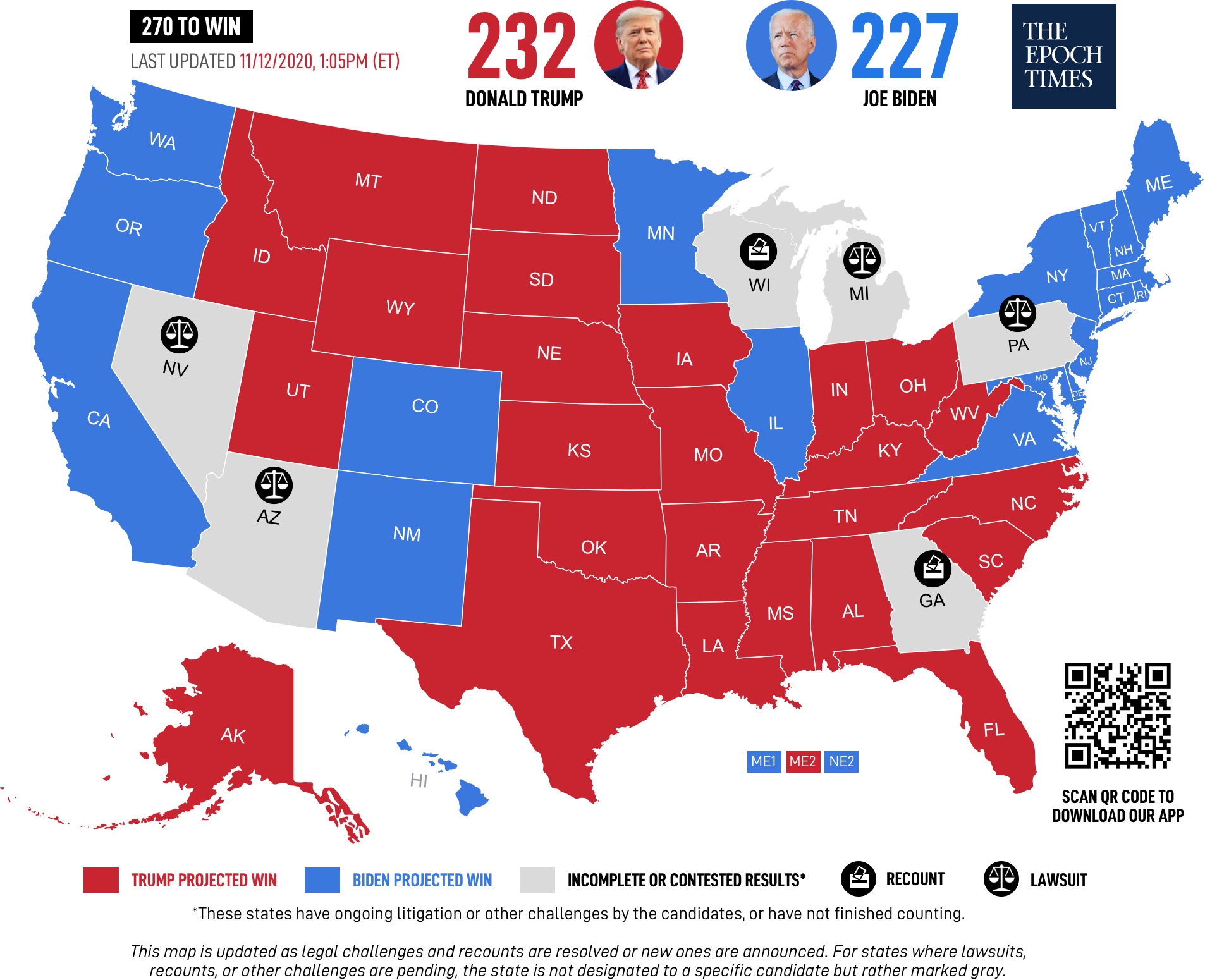Among the anti-democratic tactics Mr. Trump has adopted are some that were commonly employed by leaders like Robert Mugabe of Zimbabwe, Nicolás Maduro of Venezuela and Slobodan Milosevic of Serbia — refusing to concede defeat and hurling unfounded accusations of electoral fraud. The tactics also include undermining confidence in democratic institutions and the courts, attacking the press and vilifying opponents.
An early draft of the playbook used by leaders who never admit defeat was written in 1946 by the Socialist Unity Party, a communist outfit in the then Soviet-controlled eastern lands of Germany. Trounced in the first German election after World War II, the party, known as the SED, greeted its defeat with a bold headline in its newspaper — “Great Victory for SED!” — and took over ruling East Germany for the next 45 years.
When the Moscow-installed leader of Hungary, Matyas Rakosi, watched as the Communist Party lost elections in 1945, he turned “pale as a corpse, slumped into his chair, without saying a word,” according to a party official who was present and later described what happened to Hungarian historians. Within a year most of his opponents were dead, in prison or terrified into silence — and he was running the country.
Nobody expects Mr. Trump to follow that gruesome example. But by insisting he won a vote that results show he clearly lost, he has broken sharply with the norms of countries that view themselves as mature democracies.
“Trump’s behavior is without precedent among leaders in Western democracies,” said Serhii Plokhy, a Harvard historian who has studied former communist states like Ukraine. “Even in military dictatorships, the dictators more often than not honor the results of elections and they retire if they lose them.”
https://www.nytimes.com/2020/11/11/worl ... e=HomepageIn November 2010, President Laurent Gbagbo of Ivory Coast refused to accept his loss in an election, suppressing protests with live ammunition, killing dozens and dragging the country into a brief civil war in which over 3,000 people died.
Like Mr. Trump, he freely used government machinery to challenge the election result, insisting he had not been defeated. The crisis stretched out over almost five months and brought Ivory Coast to its knees economically.
With French military support, the president-elect, Alassane Ouattara, finally assumed power as Mr. Gbagbo — whose campaign slogan had been “We win or we win” — was dragged out of his bunker in Abidjan, the capital.
It is an embarassment that the outgoing president of the USA behaves in a way that lends itself to comparissons with tin pot dictators.
This damage to the picture of the US as a shining beacon on a hill will take decades to repair.




